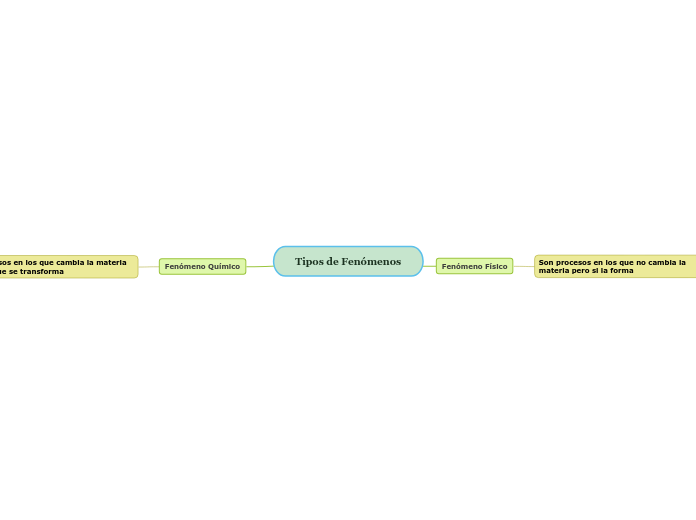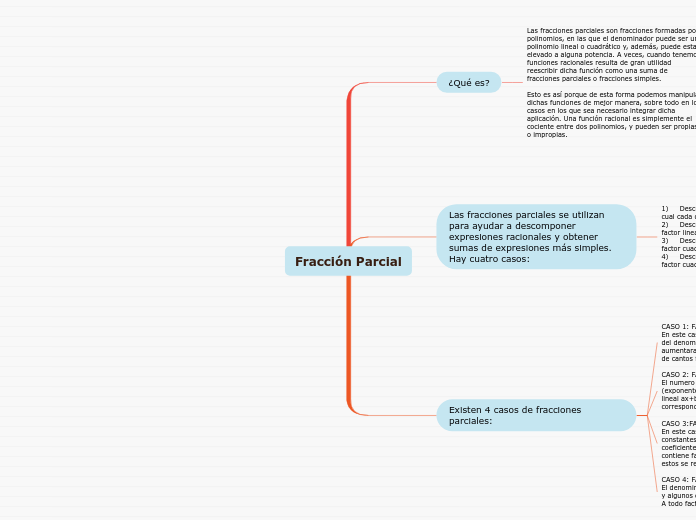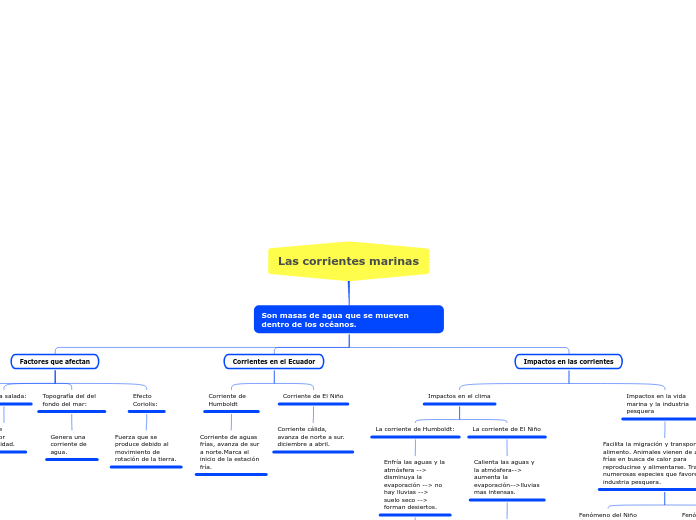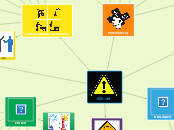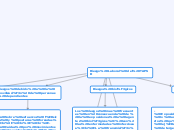Tipos de Fenómenos
Tenses demonstrate the time of actions centered around the subject of the sentence. These actions are called verbs and change according to tenses.
Fenómeno Químico
There are four Future tenses:
- Future Simple ('with Will' and 'with Going to')
- Future Continuous
- Future Perfect Simple
- Future Perfect Continuous
Son procesos en los que cambia la materia es decir que se transforma
Future Perfect Simple is used for:
- an action that will continue up until a point in the future
- an action that finishes just before another time or action in the future
Some adverbs used with Past Perfect Continuous for future actions:
- for
- since
- next week
- next month
- next year
Combustión
Es una reacción química en la que un combustible se quema o reacciona en presencia de oxígeno, liberando gases como el Co2, agua y energía, la mayoría de las veces en forma de luz o calor
Triangulo de combustión
Calor
Combustible
Tipos de combustibles
No combustible
Son lo contrario a el combustible
Metales como el azufre
Tienen carbono, arden con el O2, producen luz, calor, y CO2
Gasolina
Oxígeno
Efervescencia
Structure:
Will + Subject + Have Been + Verb-ING
e.g. How long will they be working on that project next week?
Cuando agitas un refresco y se forman burbujitas
Type in your own examples or you can also choose from the examples below.
Form of word "to be":
Will I have been being?Will you have been being?Will he/she/it have been being?Will we have been being?Will you have been being?Will they have been being?
Form of word "to have":
Will I have been having?Will you have been having?Will he/she/it have been having?Will we have been having?Will you have been having?Will they have been having?
Cuando un acido entra en contacto con sustancias como el bicarbonato de sodio
Descomposición
Structure:
Subject + Won’t Have Been + Verb-ING
e.g. They won’t have been working on that project for two years next week.
Ocurre cuando los microorganismo comienzan a cambiar la composición de los alimentos y por lo tanto ya nos son comestibles
Type in your own examples or you can also choose from the examples below.
Form of word "to be":
I will not have been beingYou will not have been beingHe/She/It will not have been beingWe will not have been beingYou will not have been beingThey will not have been being
Form of word "to have":
I will not have been havingYou will not have been havingHe/She/It will not have been havingWe will not have been havingYou will not have been havingThey will not have been having
Fermentación
Structure:
Subject + Will Have Been + Verb-ING
e.g. They will have been working on that project for two years next week.
Penicilina
Cerveza
Yogurt
Vinagre
Fenómeno Físico
There are four Present tenses:
- Present Simple
- Present Continuous
- Present Perfect
- Present Perfect Continuous
Son procesos en los que no cambia la materia pero si la forma
Cuando cambias la forma de un resorte
Cuando se rompe un vidrio
Type in your own examples or you can also choose from the examples below.
Form of verb 'to be':
I will have been beingYou will have been beingHe/She/It will have been beingWe will have been beingYou will have been beingThey will have been being
Form of verb 'to have':
I will have been havingYou will have been havingHe/She/It will have been havingWe will have been havingYou will have been havingThey will have been having
